New Delhi: Dr. Manmohan Singh, India’s 13th Prime Minister and one of the country’s most respected statesmen, passed away at the age of 92 on 26 December.
A man whose life embodied intellect, integrity, and relentless commitment to public service, Dr. Singh left an indelible mark on India’s economic and political landscape.
The Government of India has declared a seven-day period of national mourning following the passing of former PM Dr. Singh. During this period, the national flag will be flown at half-mast across all government buildings, and no official entertainment events will be held as a mark of respect for the late leader.
Early Life and Academic Excellence
Born on September 26, 1932, in Gah, a village in Punjab (now in Pakistan), Manmohan Singh endured the upheavals of partition before rising to national prominence. Despite the challenges of his modest beginnings, Dr. Singh excelled academically.
He earned his Bachelor’s and Master’s degrees in Economics from Panjab University in 1952 and 1954, respectively. A scholarship took him to Cambridge University, where he completed his Economic Tripos in 1957. Furthering his academic journey, Dr. Singh earned a D.Phil in Economics from Oxford University in 1962, focusing on India’s trade policies.
Academic Career and Entry into Governance
Dr. Singh’s early career was dedicated to academia. He taught at Panjab University and the Delhi School of Economics, where his brilliance as an economist earned him recognition. However, his transition from academia to public service began in 1971 when he was appointed Economic Advisor in the Ministry of Commerce.
In subsequent years, Dr. Singh held critical positions in the government. He served as Chief Economic Advisor (1972-1976), Secretary in the Ministry of Finance, Deputy Chairman of the Planning Commission (1985-1987), and Governor of the Reserve Bank of India (1982-1985). During these roles, he contributed significantly to India’s economic policies, steering the nation through turbulent times.
From 1987 to 1990, Dr. Singh was Secretary General of the South Commission in Geneva. His insights into global economic frameworks strengthened his belief in liberalization and economic reforms. Returning to India, he briefly chaired the University Grants Commission (UGC) before stepping into one of the most defining roles of his career as Finance Minister.
The Architect of Economic Liberalization

In 1991, India faced an unprecedented economic crisis. Foreign exchange reserves were alarmingly low, inflation was soaring, and the nation teetered on the brink of bankruptcy. It was during this critical juncture that Prime Minister P.V. Narasimha Rao appointed Dr. Singh as Finance Minister.
Under Dr. Singh’s stewardship, India embarked on a bold path of economic liberalization. He introduced reforms that deregulated industries, reduced bureaucratic controls, opened up foreign investment, and dismantled the License Raj that had stifled growth for decades. Dr. Singh’s 1991-92 budget speech famously declared, “No power on earth can stop an idea whose time has come.” His policies, combined with Rao’s political acumen, transformed India from a closed economy into a global powerhouse.
The reforms included allowing 51% foreign direct investment in high-priority industries, disinvestment in public sector enterprises, and amendments to the Monopolies and Restrictive Trade Practices (MRTP) Act. These measures revitalized India’s economy, laid the groundwork for sustained growth, and integrated the country into the global economic order.
Political Leadership and Prime Ministerial Tenure

Dr. Singh’s ascension to the Prime Minister’s office in 2004 was a historic moment. As the first Sikh to hold the position, he brought dignity, humility, and a technocrat’s approach to governance. Handpicked by Sonia Gandhi to lead the Congress-led United Progressive Alliance (UPA) government, Dr. Singh served as Prime Minister for two consecutive terms, from 2004 to 2014.
During his tenure, Dr. Singh oversaw significant legislative and policy initiatives, including:
Mahatma Gandhi National Rural Employment Guarantee Act (MGNREGA): Aimed at providing 100 days of paid work to rural households, this scheme became a cornerstone of rural development.
Right to Information Act (RTI): This landmark legislation empowered citizens to demand transparency and accountability from government institutions.
National Rural Health Mission (NRHM): Focused on improving healthcare access in rural areas.
Right to Education Act (RTE): Ensured free and compulsory education for children aged 6-14.
Unique Identification Authority of India (UIDAI): Initiated the Aadhaar project, a biometric identification system that revolutionized welfare delivery through Direct Benefit Transfers (DBT).
Dr. Singh also prioritized foreign policy. His pragmatic approach led to the signing of the historic 2008 India-US Civil Nuclear Agreement, ending decades of nuclear isolation and bolstering energy security. He pursued peace with neighbouring Pakistan and China, reopening the Nathu La pass and initiating dialogue on long-standing disputes.
While Dr. Singh’s first term was lauded for its reforms and inclusive policies, his second term faced significant challenges. Despite criticism, Singh’s personal integrity remained unquestioned. Known for his soft-spoken demeanour and unshakeable composure, he earned respect across party lines.
Life After Politics
Following his tenure as Prime Minister, Dr. Singh adopted a low profile but continued to serve as a Member of Parliament in the Rajya Sabha. He occasionally spoke on issues of national importance, offering his insights on economic policies and governance.
Dr. Singh made his final appearance in Parliament in February this year. Despite his fragile health, he attended the Rajya Sabha proceedings in a wheelchair to cast his vote against the Delhi Services Bill, which was eventually passed.
Legacy and Tributes
Dr. Manmohan Singh’s passing marks the end of an era. Prime Minister Narendra Modi hailed him as “one of India’s most distinguished leaders” who left a lasting imprint on the nation’s economic policies. Congress leader Rahul Gandhi described him as a mentor and guide whose wisdom inspired millions.
International leaders also paid their respects. US Secretary of State Antony Blinken remembered Dr. Singh as a “champion of the US-India strategic partnership.” His contributions to strengthening bilateral ties and promoting global economic cooperation were widely acknowledged.
Dr. Manmohan Singh’s life was a testament to the power of intellect, humility, and perseverance. From a partition refugee to a globally respected economist and statesman, his journey inspired generations. As the architect of India’s economic resurgence, he leaves behind a legacy of transformative leadership and unwavering dedication to the nation.


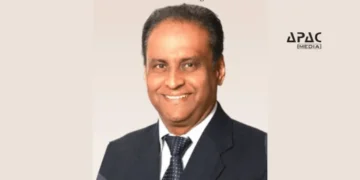


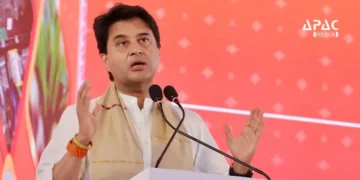
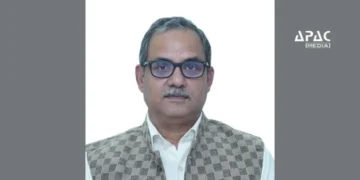

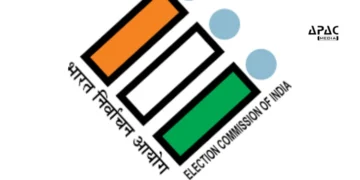
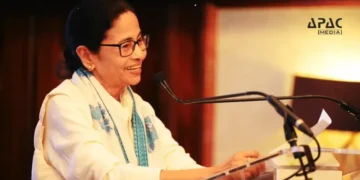





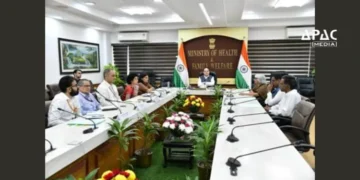


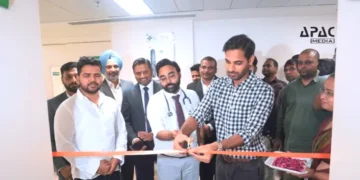



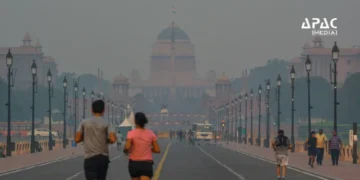


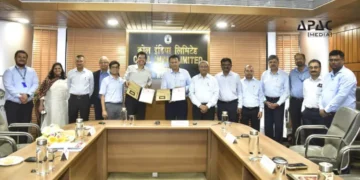
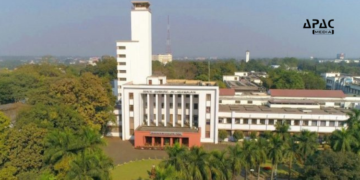
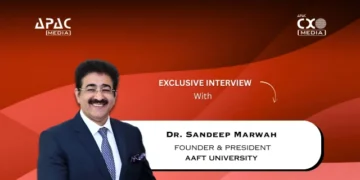

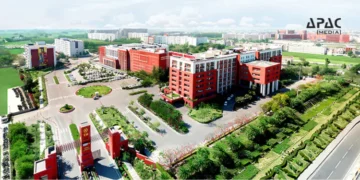


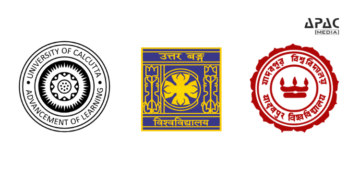









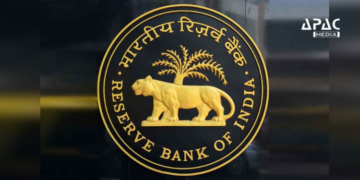

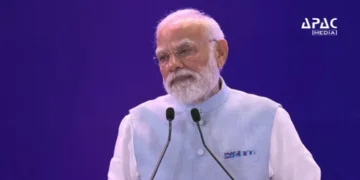

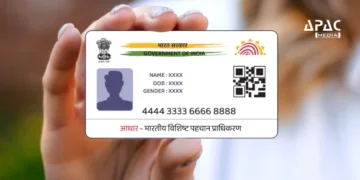




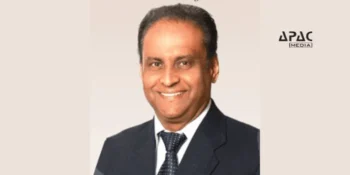

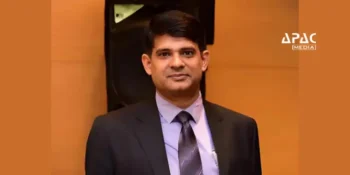
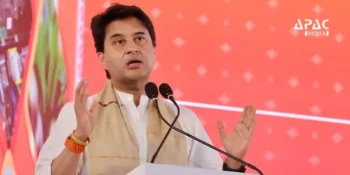








Discussion about this post